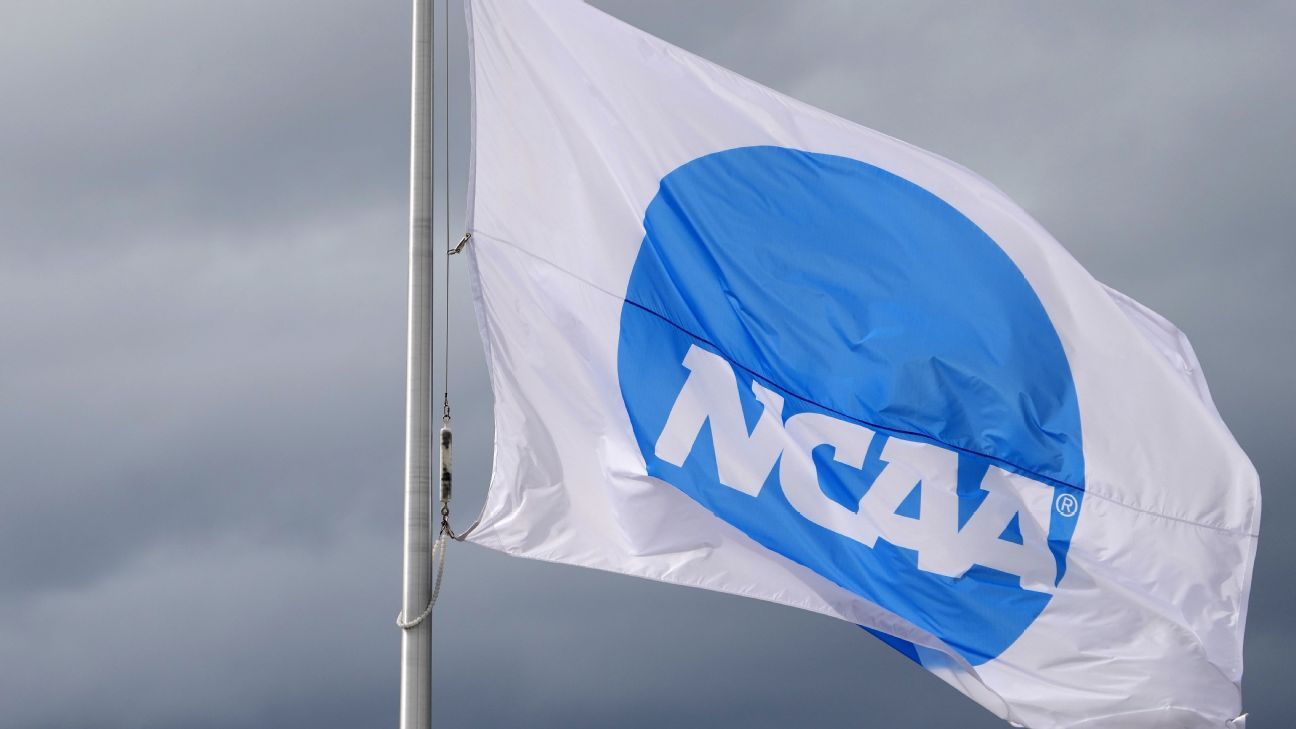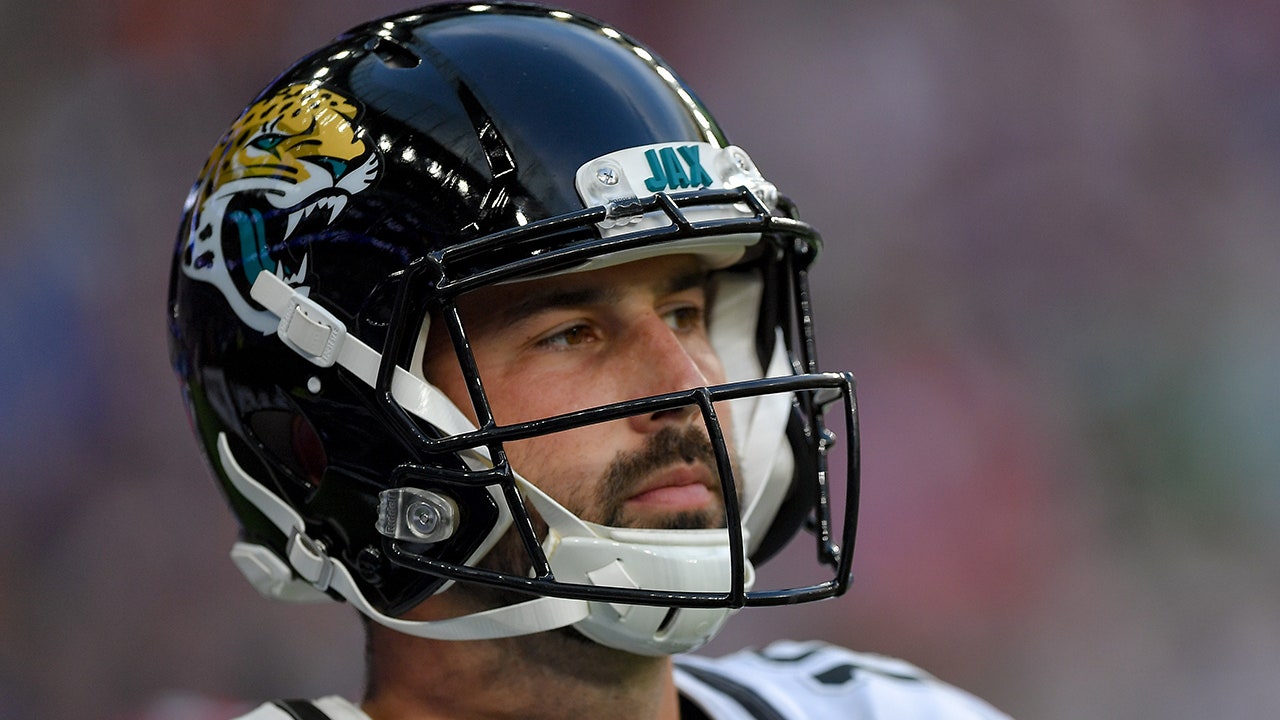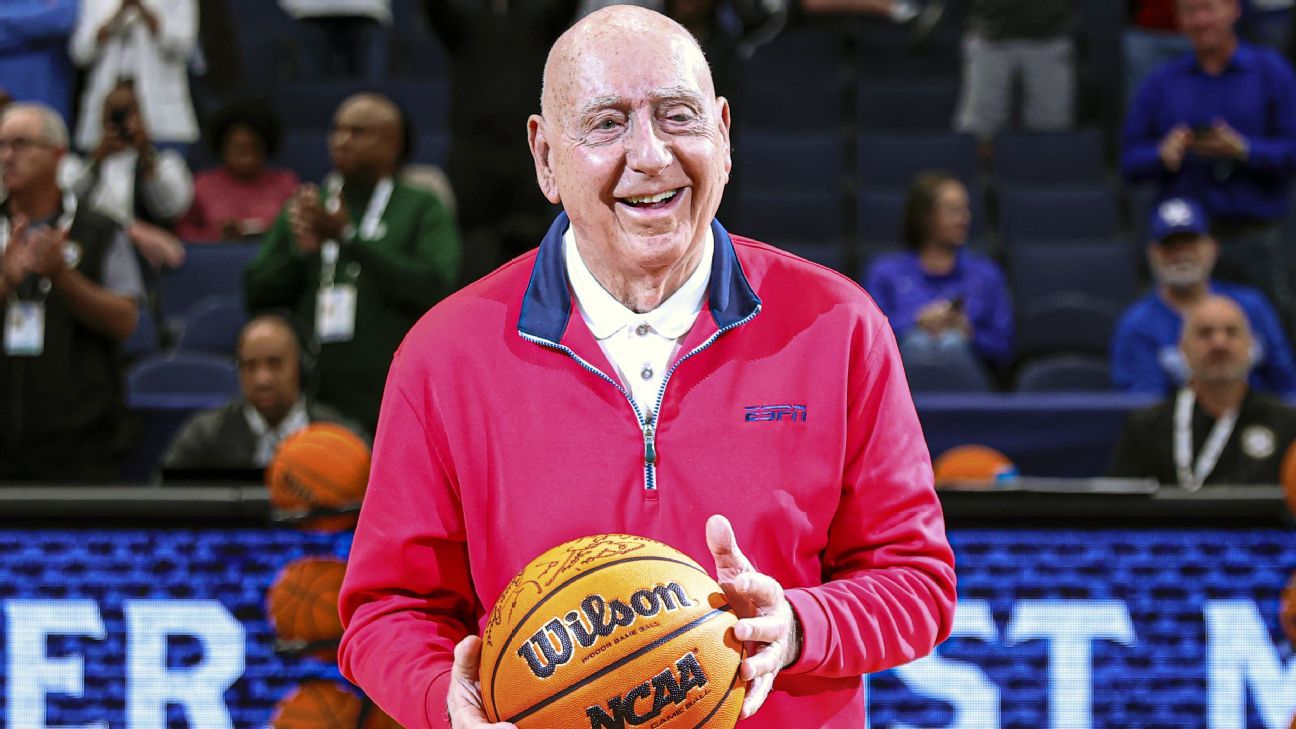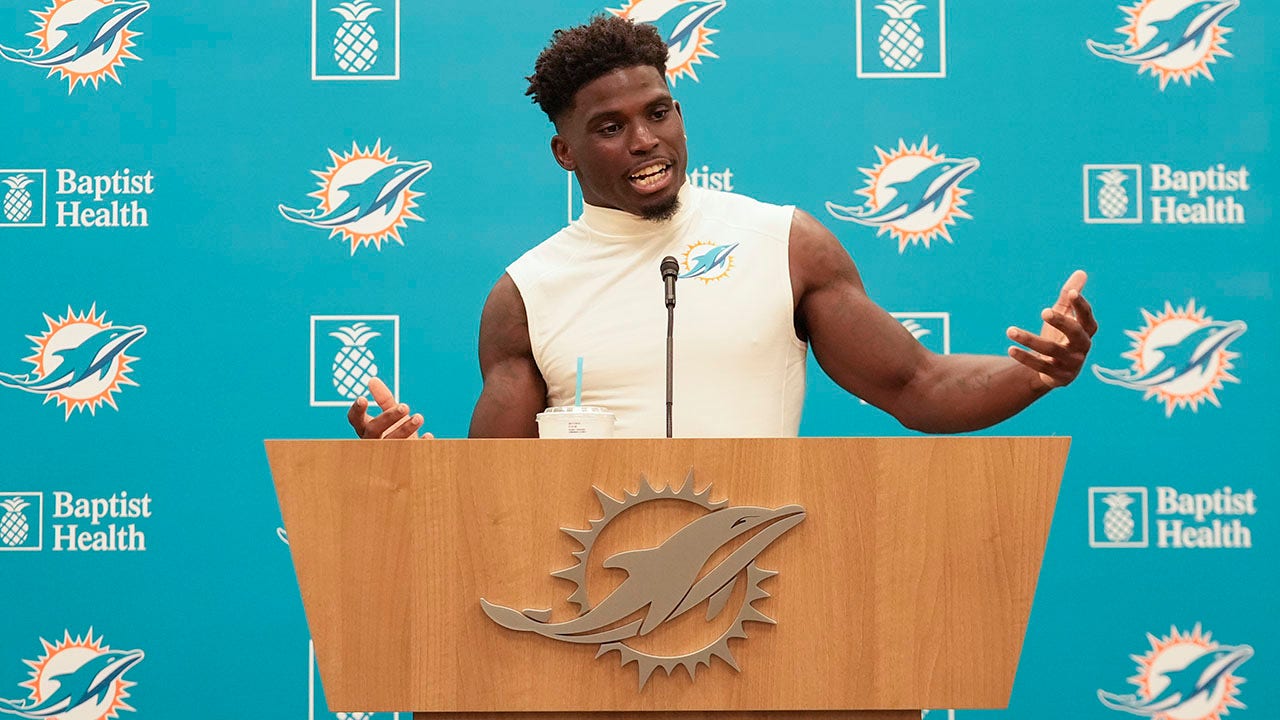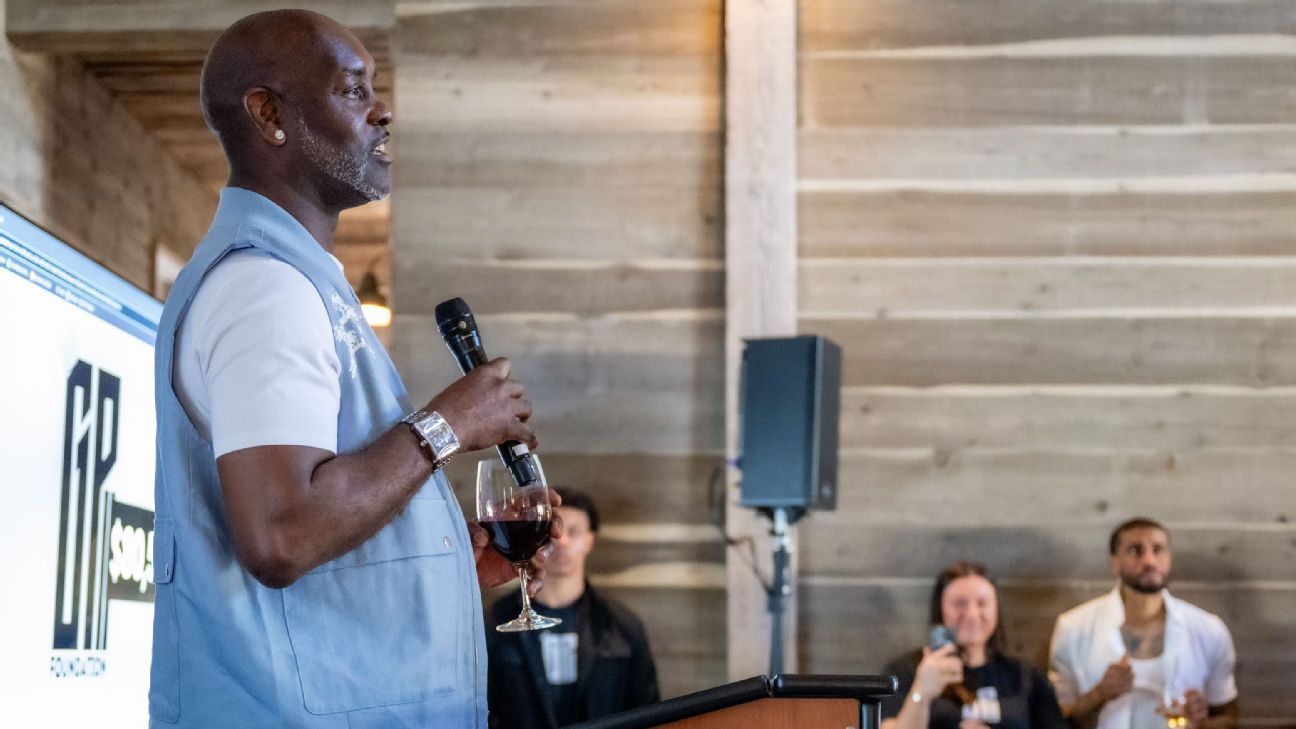PHOENIX – The NCAA took a small initial step Thursday toward a future in which schools could pay their athletes directly.
The NCAA Division I Board of Directors tasked the Division I Council with beginning to evaluate and develop the details of a proposal presented last month by NCAA President Charlie Baker.
Under Baker's plan, which he described as a “table-setter” to encourage conversation, schools could provide athletes with unlimited educational benefits and pay them for the use of name, image and likeness rights. The plan also calls for creating a new subdivision of the wealthiest athletic departments that would be required to pay at least half of their athletes a minimum of $30,000 a year into a trust fund.
Details of the proposal are likely to change over the coming months due to feedback from a variety of parties involved in college sports.
University of Georgia President Jere Morehead, who serves as board president, did not provide a specific timeline for when they would vote on a particular rule change, but said the group felt a sense of urgency to act.
“I can't say where it's going to go or how it's going to end, but I think it's an important conversation,” Morehead said. “…I think we're running out of time.”
Baker and Morehead said during interviews at the NCAA Convention that the association would need help from Congress to implement the proposed changes. Baker said earlier this week that he would like to see Congress draft a federal law that would ensure athletes would not be considered employees if the school paid for their NIL entitlements. He and other college sports leaders would also like to see the government provide an antitrust exemption to protect them from future lawsuits if they change their rules.
Federal lawmakers have discussed more than a dozen options for federal bills that would in some way reform college sports over the past four years, but so far none have made it past the first step of the legislative process. College sports leaders in Phoenix this week are hopeful that Baker's proposal will help spark some action on Capitol Hill by showing that the NCAA is working to solve some of its own problems.
“I think we need to keep the focus where it should be, which is Washington, D.C. Congress has an opportunity right now to do some things to help stabilize the university environment,” Morehead said.
Reps. Gus Bilirakis (R-Fla.) and Debbie Dingell (D-Mich.), along with Sen. Ben Ray Luján (D-N.M.), released a discussion draft of a new bill on Thursday. His plan, however, would make it illegal for schools to participate in NIL agreements, a direct contradiction of what Baker has proposed.
The NCAA Division I Council, a group made up of athletics department employees, conference commissioners and two current athletes, is now in charge of turning Baker's general concepts into specific rules, according to council chairwoman Lynda Tealer, Florida assistant athletic director.
Tealer said they will likely form a committee to evaluate how best to move the ideas forward. He also said they could split the proposal into separate parts so that some parts can be voted on as soon as possible.
The council plans to provide updates over the next year on its progress, beginning at the next round of NCAA association-wide meetings.

